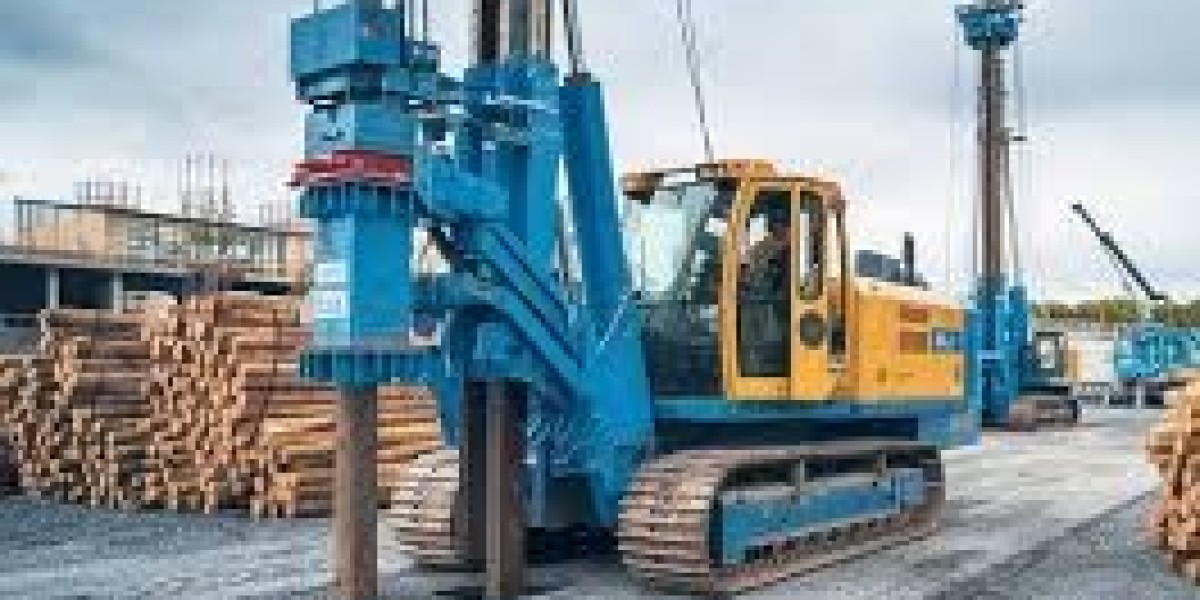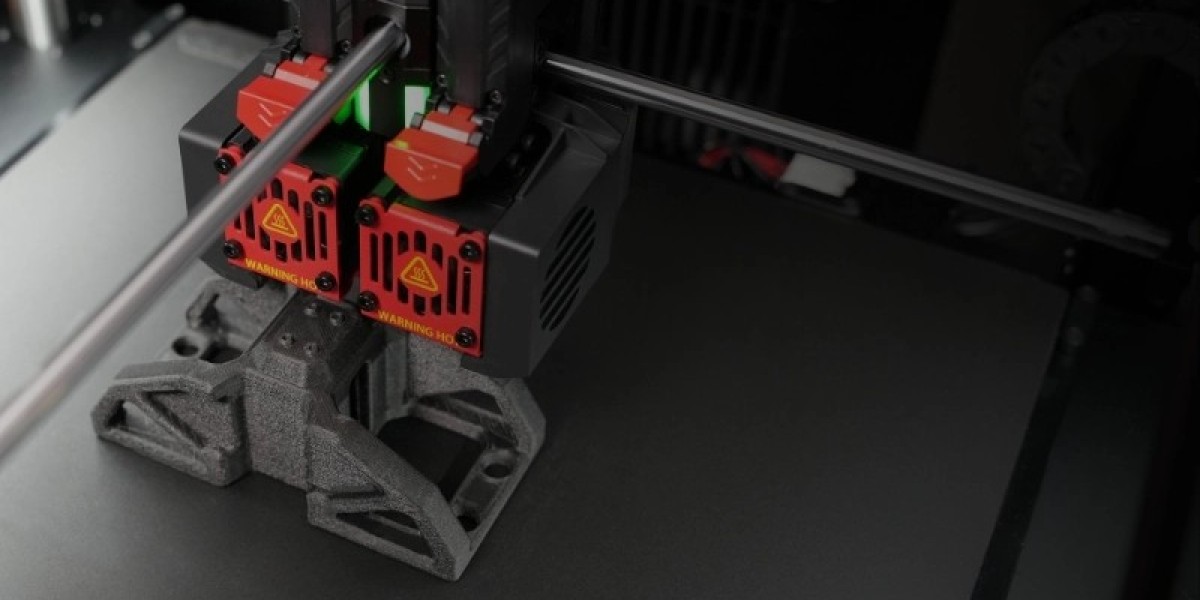In the high-stakes world of construction and infrastructure development, making smart decisions early in a project is critical to achieving success. Among the many steps that influence both schedule and budget, one often underestimated phase is pile driving equipment consultation. This professional service plays a pivotal role in identifying the right machinery, methods, and strategies before pile installation even begins.
Engaging in a pile driving equipment consultation not only helps contractors and engineers avoid costly mistakes but also enhances efficiency and ensures the longevity of the entire foundation system. This article explores how proper consultation can deliver measurable time and cost savings on piling projects of any size.
Understanding the Scope of Consultation
Pile driving equipment consultation is the process of engaging with specialists who analyze your project requirements and match them with the appropriate pile driving solutions. These consultants often have extensive experience in foundation engineering, soil behavior, and equipment performance. Their job is to assess the project site, type of piles needed, ground conditions, and logistical constraints to provide a tailored recommendation.
This type of consultation may include selecting between vibratory or impact hammers, determining pile lengths, evaluating crane capacity, reviewing hydraulic requirements, and advising on installation methods. In some cases, consultants also guide contractors on rental or purchase decisions, operator training, and compliance with environmental or noise regulations.
The value of such expertise becomes clear when examining how it helps streamline project execution.
Avoiding Costly Equipment Mismatches
One of the most common causes of delays and overspending in pile driving projects is using the wrong equipment for the job. Without proper guidance, a contractor might choose a hammer that is underpowered for the soil conditions, or a machine too large for the site constraints. These mismatches can lead to slow production rates, equipment damage, or even structural failure.
A professional pile driving equipment consultation eliminates this guesswork. By evaluating the project’s unique requirements, consultants recommend machinery with the right energy output, size, and compatibility. This ensures optimal penetration rates and minimizes wear on both the piles and the equipment.
When the right equipment is used from the start, productivity increases, the risk of project delays is reduced, and unexpected repair or rental extension costs are avoided.
Enhancing Equipment Utilization and Efficiency
Even when the correct equipment is selected, knowing how to use it efficiently is equally important. A pile driving equipment consultation often includes operational insights, such as selecting the best pile sequence, managing soil displacement, or adjusting hammer frequency for different soil layers.
These insights help contractors drive more piles per day, reduce fuel consumption, and prevent downtime. In addition, consultants can provide recommendations on pile handling techniques and support equipment, such as leads, clamps, and rigging systems, to further improve productivity.
Consultants also assist in planning the mobilization and setup process, which can be time-consuming and expensive if not executed properly. With a well-organized site layout and installation sequence, downtime between pile placements is minimized, leading to significant time savings over the course of the job.
Reducing Risk Through Soil and Site Analysis
Soil behavior is one of the most unpredictable factors in any pile driving project. Different soils respond differently to various driving methods, and failure to consider this can result in pile refusal, heaving, or misalignment. Consultants analyze geotechnical reports, soil profiles, and site access conditions to determine the best installation method and equipment configuration.
With this data-driven approach, a pile driving equipment consultation ensures that the piles will reach the necessary depth and capacity without overdriving or causing damage. This helps prevent rework, structural inconsistencies, or regulatory violations, all of which can cause costly delays and legal issues.
By identifying risks in advance and planning accordingly, consultants help keep the project on schedule and within budget.
Supporting Regulatory Compliance and Safety
Environmental regulations, noise restrictions, and occupational safety standards are becoming increasingly stringent. A pile driving equipment consultation provides contractors with the knowledge and documentation needed to comply with local and national regulations. This includes selecting low-noise hammers for residential zones, or choosing emission-compliant engines for urban work.
Moreover, safety is a core component of the consultation process. Consultants can recommend equipment with the latest safety features, train operators on best practices, and develop site-specific safety protocols. By minimizing accidents and ensuring compliance, contractors avoid costly shutdowns, fines, or reputational damage.
Facilitating Smarter Investment Decisions
Construction firms often face the decision to rent or purchase pile driving equipment. A professional pile driving equipment consultation can provide a cost-benefit analysis based on the project's duration, equipment availability, and long-term business goals.
For example, if a contractor frequently performs similar deep foundation projects, purchasing a pile driver may be the better investment. Conversely, for short-term or specialized jobs, renting may offer more financial flexibility. Consultants also help evaluate the residual value of equipment, maintenance costs, and resale options, ensuring that contractors make financially sound choices.
Conclusion
Time and money are the two most valuable resources on any construction site. Making informed decisions during the planning and equipment selection phase is essential to preserving both. Professional pile driving equipment consultation delivers strategic, technical, and financial insights that empower contractors to execute piling operations efficiently and with confidence.







